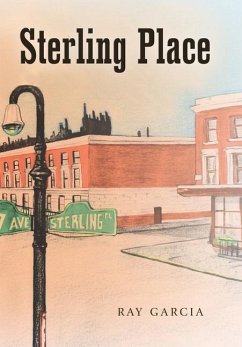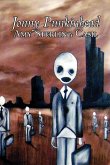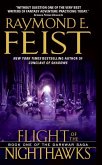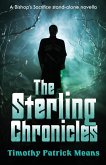On the morning of December 16, 1960, a TWA Lockheed Constellation plane and a United Airlines, a DC-8, collided in a blinding snowstorm over New York. At the time of the accident it was considered the worst aviation disaster in the history of commercial flying. When it was over, one hundred and twenty eight people from both planes, plus six on the ground had lost their lives. After the collision the Connie broke into three parts, hurling forty-four people to their death. The plane or what was left of it, crashed in the fields of the Miller Army Base, in Staten Island, New York. The other plane, United Flight 826, with eighty-four people crashed eight miles from impact coming down on an intersection called Seventh Avenue, and Sterling Place, a quiet community in the Park Slope Section of Brooklyn. On May 9th 1962, the Civil Aeronautic Board determined that the probable cause of this accident was that United Flight 826 proceeded beyond its clearance limit and the confines of the airspace to the flight given by Air Traffic Control, passing its holding pattern and therefore, ramming into TWA Flight 266. I wasn't totally convinced. In 1998, I decided to investigate, the probable cause of the collision, and why it happened, but most important, if it could have been prevented. My investigation revealed that while Captain Robert H. Sawyer went beyond his allocated airspace, he did not stand alone in the blame. The results were very disturbing, the collision could have been prevented. The book reveals who was at fault, why there was a cover-up, and by whom.
Bitte wählen Sie Ihr Anliegen aus.
Rechnungen
Retourenschein anfordern
Bestellstatus
Storno








